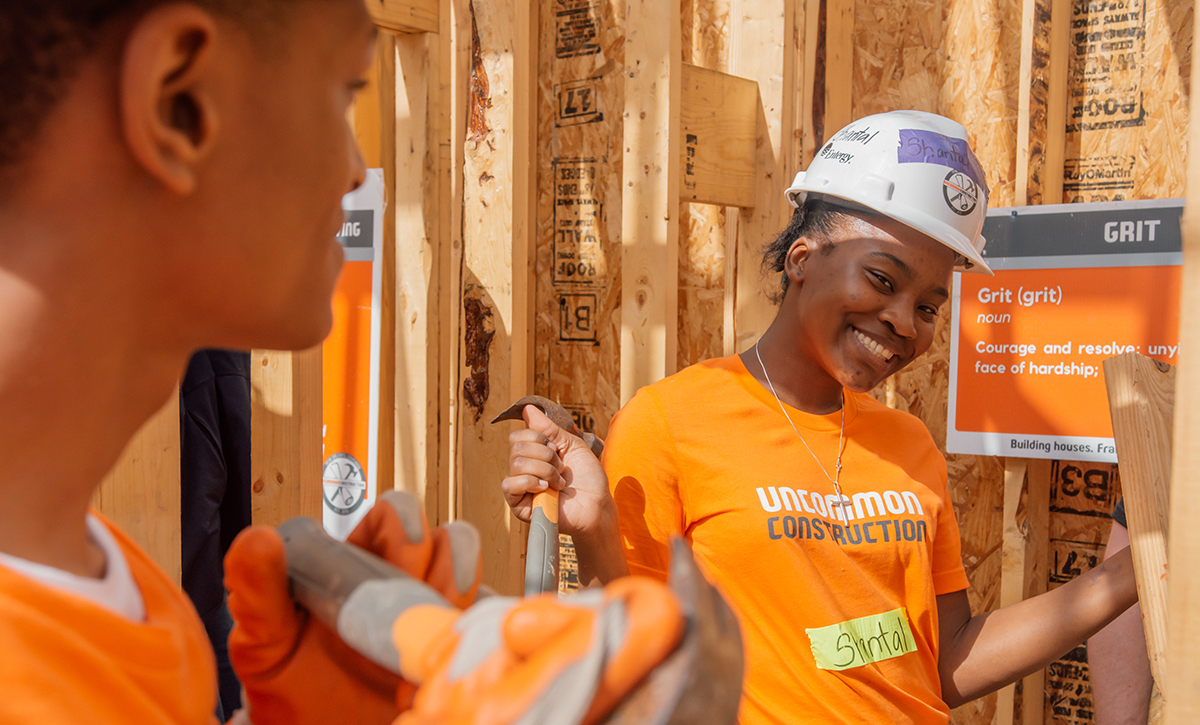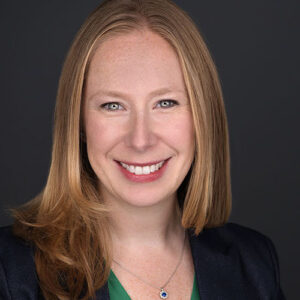Meet the Winners of the Catalyze Challenge, Reimagining What Education Can Be
Lammers: With a generation hungry for change, there’s never been a better time to rethink education-to-career pathways that work for everyone

Get stories like this delivered straight to your inbox. Sign up for The 74 Newsletter
The students in classrooms today are the leaders of tomorrow’s workforce, but even before the pandemic, learners didn’t feel high schools were doing enough to prepare them for long-term career choices. Only 52% of students felt high school prepared them for the world of work, and over the past two years, the pandemic has made the journey from classroom to career even harder. Last year, an estimated 1.1 million registered K-12 students failed to attend school, and 24% of students say they’re less likely to explore education beyond high school. This disengagement and disconnect between school and work is not an abstraction; it’s a problem with very real consequences.
That’s why American Student Assistance, alongside several other leading philanthropies, helped create the Catalyze Challenge – a funding initiative designed to spark innovative learning models that provide students with career exposure, exploration and the real-world experiences they need to make informed decisions about their future.
Recently, the Catalyze Challenge announced 25 new grant winners spanning 18 states, all focused on bold ideas to create concrete change in what education looks like in their communities now and for years to come. From equipping students with the skills to identify and address challenges in their neighborhoods to creating real-world training programs, the winners are bridging the gap between classroom and career, and sparking young people’s journeys to economic opportunity. This year’s winners will receive up to $500,000, totalling over $5 million in funding this year and $10 million to date across 33 states.
While this year’s Catalyze Challenge winners focus on different themes, all were selected with an eye toward building career skills while supporting students’ unique needs. One new grantee, the National Indian Education Association’s “Building Career Pathways for Native Students,” aims to increase opportunities for citizens of three Native nations in Wisconsin and address the housing crisis in these communities. Rural students learn skills required for careers in the construction industry and gain an opportunity to earn industry-recognized certifications while still in high school.
A similar model out of New Orleans, unCommon Construction, provides high school students of color with apprenticeships in which they complete construction projects while earning hourly pay and school credit, gaining critical job skills and accruing scholarship funding to pursue additional education opportunities. With support from the Catalyze Challenge, UnCommon Construction plans to add a New Orleans-based campus and new subsidiaries in satellite locations across the country, and is expanding into a three-tiered model in which apprentices can progress in skill level by participating in increasingly rigorous and complex projects, such as home repairs for clients or creative design builds.
Another winner, Ella Baker Institute, is a Brooklyn-based organization focused on youth leadership and community well-being. It is positioning young people to identify challenges, from gentrification to incarceration, facing their community in New York. Last year, the institute launched the Young People’s Leadership Cooperative, which supports youth in building the necessary relationships to take responsibility for their neighborhoods and address issues most relevant to their lives. By developing local leaders, Catalyze Challenge winners like Ella Baker Institute are ensuring that change within communities is being led by members of the community itself.
The Broadstreet Institute provides virtual, hands-on data internships that empower women of color to build technical and leadership skills. The institute supports young women of color in data, a field historically dominated by men, by connecting interns with nonprofit organizations that need data to bring in donations, grants and funding. The institute believes this approach will help its interns to build technical skills, make important professional connections and increase representation of women of color in data science and leadership, all while serving nonprofits doing important work in communities.
To meet the country’s needs now and into the future, Bayada is addressing the critical health care worker shortage while providing young people with meaningful careers. Students in Pennsylvania, New Jersey and Hawaii can enroll in Bayada’s Advance to LPN program and ABA Academy, which provide a supportive, accelerated pathway for entry-level employees to earn the credentials needed to become a registered nurse or a behavior technician without taking on student debt. Coaches and mentors support students as they care for clients in their homes.
OneInFive, designed by a leader living with bipolar disorder, will allow up to eight Indianapolis youths with mental health challenges to gain experience as paid peer supporters in their school districts. As they share their experiences with educators and learn to solve real-time challenges, they will work towards certification as a peer mental health recovery specialist, improving outcomes for the 20% of youth most impacted by a lack of affordable mental health care.
Families want more options available for their children after they finish high school, and Gen Z students want greater exposure to work experience and professional mentorship. With a generation hungry for change, there’s never been a better time to rethink an education-to-career pathway system that works for everyone. That’s what the Catalyze Challenge is all about.
Get stories like these delivered straight to your inbox. Sign up for The 74 Newsletter

;)
